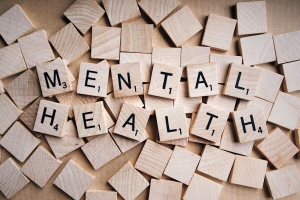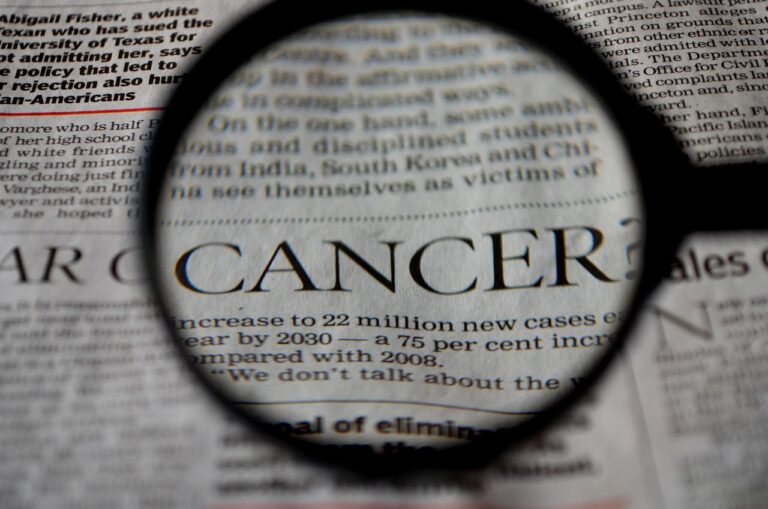
Geneva: COVID-19 has taken a “huge” toll on people’s mental health reflected by the rates of already-common conditions such as depression and anxiety that went up by more than 25% in the first year of the pandemic, adding to the nearly one billion people who were already living with a mental disorder.
However, while all over the world, mental health needs are high, responses are “insufficient and inadequate”, reveals the ‘World mental health report: transforming mental health for all’, which is the largest review of world mental health since the turn of the century released today by the World Health Organization (WHO).
Mental health is critically important to everyone, everywhere. At the same time, mental health services have been severely disrupted and the treatment gap for mental health conditions has widened since the pandemic struck the globe. The report argues for a worldwide transformation towards better mental health for all.
Citing figures, the report points out that in 2019, nearly a billion people – including 14% of the world’s adolescents – were living with a mental disorder. Suicide accounted for more than 1 in 100 deaths and 58% of suicides occurred before age 50.
Mental disorders are also the leading cause of disability, causing one in six years lived with disability. People with severe mental health conditions die on average 10 to 20 years earlier than the general population, mostly due to preventable physical diseases. Childhood sexual abuse and bullying victimization are major causes of depression. Social and economic inequalities, public health emergencies, war, and the climate crisis are among the global, structural threats to mental health.
Stigma, discrimination and human rights violations against people with mental health conditions are widespread in communities and care systems everywhere; 20 countries still criminalize attempted suicide. Across countries, it is the poorest and most disadvantaged in society who are at greatest risk of mental ill-health and who are also the least likely to receive adequate services.
Even before the COVID-19 pandemic, just a small fraction of people in need had access to effective, affordable and quality mental health care. For example, 71% of those with psychosis worldwide do not receive mental health services. While 70% of people with psychosis are reported to be treated in high-income countries, only 12% of people with psychosis receive mental health care in low-income countries. For depression, the gaps in service coverage are wide across all countries: even in high-income countries, only one-third of people with depression receive formal mental health care and minimally-adequate treatment for depression is estimated to range from 23% in high-income countries to 3% in low- and lower-middle-income countries.
Drawing on the latest evidence available, showcasing examples of good practice, and voicing people’s lived experiences, WHO’s comprehensive report highlights why and where change is most needed and how it can best be achieved. It calls on all stakeholders to work together to deepen the value and commitment given to mental health, reshape the environments that influence mental health and strengthen the systems that care for people’s mental health.
“Everyone’s life touches someone with a mental health condition. Good mental health translates to good physical health and this new report makes a compelling case for change. The inextricable links between mental health and public health, human rights and socio-economic development mean that transforming policy and practice in mental health can deliver real, substantive benefits for individuals, communities and countries everywhere. Investment into mental health is an investment into a better life and future for all,” WHO Director-General Dr Tedros Adhanom Ghebreyesus said.
All 194 WHO Member-States have signed up to the Comprehensive mental health action plan 2013–2030, which commits them to global targets for transforming mental health. Pockets of progress achieved over the past decade prove that change is possible. But, the report reveals that change is not happening fast enough, and the story of mental health remains one of need and neglect with 2 out of 3 dollars of scarce government spending on mental health allocated to stand-alone psychiatric hospitals rather than community-based mental health services where people are best served. For decades mental health has been one of the most overlooked areas of public health, receiving a tiny part of the attention and resources it needs and deserves, it said.
Dévora Kestel, Director of WHO’s Mental Health and Substance Use Department called for change: “Every country has ample opportunity to make meaningful progress towards better mental health for its population. Whether developing stronger mental health policies and laws, covering mental health in insurance schemes, developing or strengthening community mental health services or integrating mental health into general health care, schools, and prisons, the many examples in this report show that the strategic changes can make a big difference.”
The report has urged mental health decision-makers and advocates to step up commitment and action to change attitudes, actions and approaches to mental health, its determinants and mental health care, and accelerate their implementation of the Comprehensive mental health action plan 2013–2030.
It makes several recommendations for action, which are grouped into three ‘paths to transformation’ that focus on shifting attitudes toward mental health, addressing risks to mental health and strengthening systems of care for mental health. They are:
- Deepen the value and commitment we give to mental health.
- Reshape environments that influence mental health, including homes, communities, schools, workplaces, health care services, and natural environments.
- Strengthen mental health care by changing where, how, and by whom mental health care is delivered and received.
– global bihari bureau





